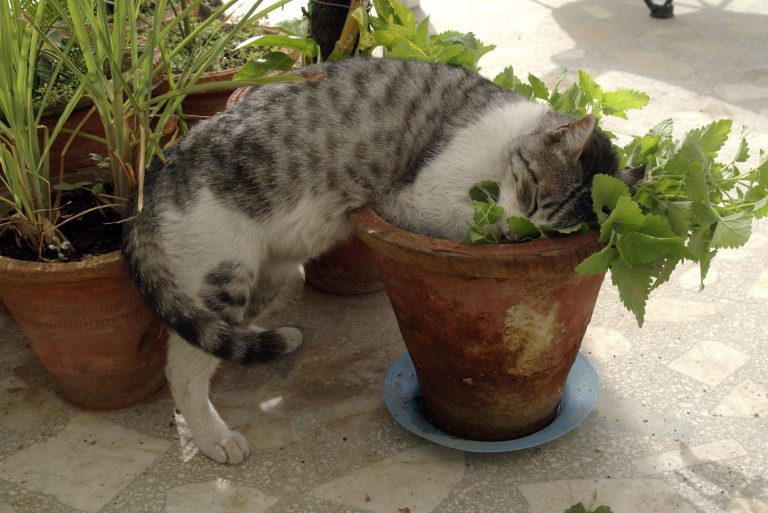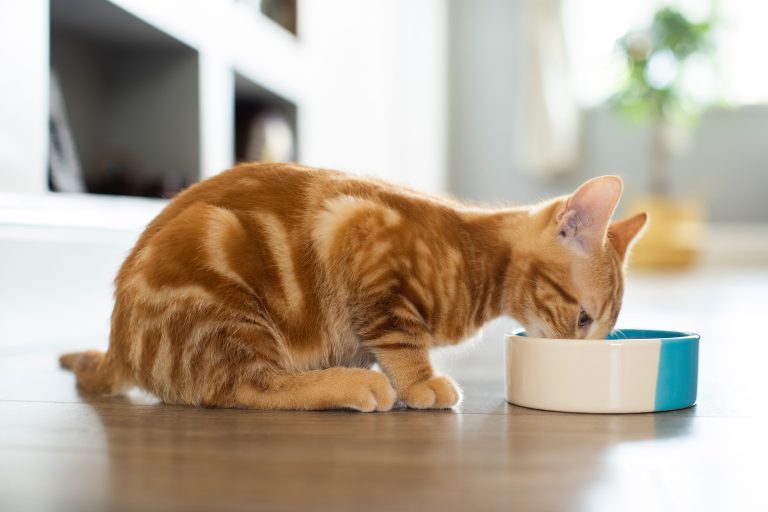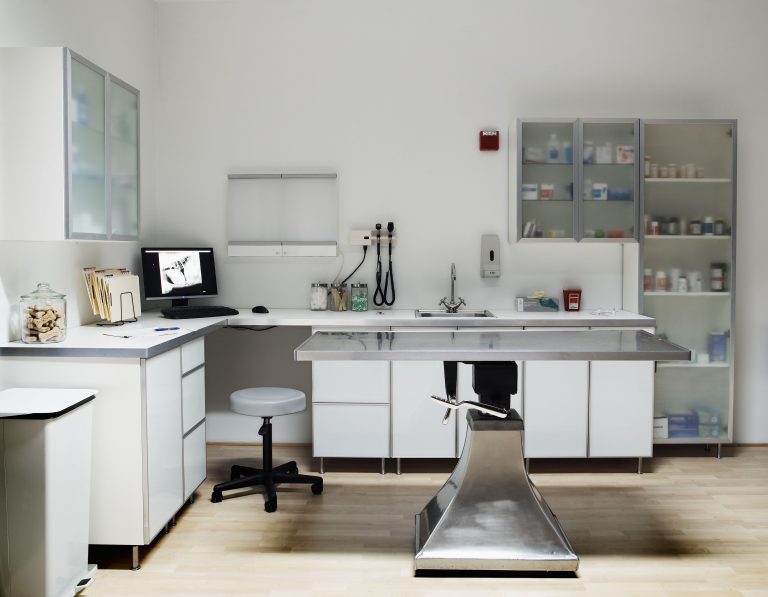
When faced with a pet health emergency on a holiday, acting quickly and seeking immediate veterinary assistance is essential. In such situations, prompt action can significantly affect your pet’s well-being and chances of recovery.
Holidays often mean limited availability of veterinary services, so it is wise to have an emergency plan in place beforehand, including identifying 24-hour veterinary clinics or hospitals in your area, knowing how to administer basic first aid, and keeping significant contact numbers handy.
By being prepared and taking swift action, you can ensure your pet receives the necessary care during a health emergency on a holiday.

Preparing For Pet Health Emergencies On Holidays
Dealing with a pet health emergency during the holidays can be a stressful and overwhelming experience. From accidental injuries to sudden illnesses, unexpected emergencies can catch pet owners off guard. However, by being prepared, you can ensure your furry friend receives the immediate care they need, even during the holiday season. This article will explore how to prepare for pet health emergencies on holidays and act swiftly and efficiently in an unforeseen situation.
Creating A Pet Emergency Kit
Creating a comprehensive pet emergency kit is one of the first and most crucial steps in preparing for a pet health emergency during the holidays. This kit should contain essential items that can help stabilize your pet’s condition until professional medical help is available. Here are some items to include in your pet’s emergency kit:
- Basic first aid supplies: include bandages, gauze, antiseptic wipes, and tweezers
- Emergency contact information: Keep a list of emergency veterinary clinics, poison control centers, and after-hours pet hospitals easily accessible
- Medications: If your pet requires daily medications, make sure to have a supply for at least a few days in case of emergencies
- Medical records and documentation: Carry copies of your pet’s medical history, vaccination records, and any relevant prescriptions
- Leash, collar, and muzzle: These items can help you safely transport your pet during an emergency without risking further injury or harm
- Pet carrier or crate: Having a secure carrier or crate is essential for providing a safe and comfortable environment for your pet while traveling to the veterinary clinic
Identifying Emergency Veterinary Clinics
In the event of a pet health emergency, time is of the essence. Therefore, it’s crucial to identify and familiarize yourself with emergency veterinary clinics in your area before an emergency arises. Research and compile a list of emergency veterinary clinics that operate on holidays and have 24/7 availability. Keep this list in your pet emergency kit, and make sure it is easily accessible. You don’t want to waste precious time searching for veterinary care options during an emergency. By planning, you can promptly contact the nearest emergency clinic and seek immediate medical attention for your beloved pet.
Remember, preparation is vital when dealing with pet health emergencies on holidays. By creating a pet emergency kit and identifying emergency veterinary clinics beforehand, you can ensure that you are ready to act swiftly and effectively in any unforeseen circumstances. Being prepared will help alleviate stress during an emergency and increase the chances of a positive outcome for your furry friend.

Credit: www.facebook.com
Common Pet Health Emergencies On Holidays
Dealing with pet health emergencies during the holidays can be challenging. It’s essential to be prepared for common issues like accidental poisoning, heatstroke, and injuries. Knowing what to do and having contact information for emergency veterinary care can save your pet’s life.
Amidst joyful celebrations, holidays can sometimes present unexpected health emergencies for our beloved pets. Being prepared and knowledgeable about the common pet health emergencies during these festive times is essential. This ensures that you can provide immediate care or seek professional help promptly, safeguarding the well-being of your furry family members.
Digestive Problems And Food Poisoning
Digestive problems and food poisoning are common issues affecting pets during the holidays. With the abundance of delicious and tempting foods around, they can easily get carried away and consume something that may upset their delicate digestive system.
Some ways to identify and address digestive problems include:
- Look for signs of vomiting, diarrhea, or excessive salivation.
- If these symptoms persist for more than 24 hours, consult a veterinarian.
- Keep your pet hydrated by providing access to fresh water at all times.
- Monitor their appetite and offer a bland diet, such as boiled chicken and rice, until their stomach settles.
Food poisoning can be caused by consuming toxic foods that harm pets’ health. Common poisonous pet foods include chocolate, onions, grapes, and alcohol. Keep these items out of reach and educate your guests about what not to feed your furry friends. Contact your veterinarian or poison helpline if you suspect your pet has ingested something toxic.
In immediately tries And Accidents
Injuries and accidents are another category of emergencies to be mindful of during the holiday season. Increased activities, decorations, and visitors may increase the risk of accidents.
To prevent injuries, consider the following precautions:
- Secure your Christmas tree so it won’t topple over if your pet decides to investigate.
- Avoid using decorations that could be easily swallowed or cause injury if chewed on.
- Keep wires and cords for lights, electronics, and other decorations out of your pet’s reach.
- Ensure a quiet and safe space for your pet to retreat if they become overwhelmed or anxious due to increased noise or visitors.
If a pet sustains an injury or has an accident:
- Stay calm and assess the situation.
- If bleeding, apply gentle pressure using a clean cloth or bandage.
- Transport your pet carefully to the nearest veterinary clinic or call for an emergency veterinary service.
Immediate Actions To Take During Pet Health Emergencies
During holidays, pet health emergencies can be stressful. Knowing the immediate actions can help you handle the situation effectively and protect your pet’s well-being. Be prepared to act quickly by having emergency contact information and knowing basic first aid for pets, such as stopping bleeding or performing CPR if necessary.
Contacting A Veterinary Professional
During a pet health emergency on a holiday, it is crucial to contact a veterinary professional immediately. Time is of the essence, and a vet’s expertise can make all the difference. Keep the contact information of your regular vet handy, along with emergency 24-hour veterinary clinics in your area. If your regular vet is unavailable, don’t waste precious time and call an emergency clinic immediately. Prompt communication with a veterinary professional ensures your pet receives the necessary medical attention swiftly.
Providing Basic First Aid
While waiting for professional help, you can take several basic first-aid measures to stabilize your pet’s condition. Remember to remain calm and ensure your safety and your pet’s safety during these crucial moments. Here are a few immediate actions to consider:
- Assess the situation: Take a moment to evaluate the severity of the emergency and any visible injuries or symptoms your pet is experiencing.
- Keep your pet calm. Speak softly and gently handle your pet to prevent further injury or distress.
- Control bleeding: Apply gentle pressure to wounds with a clean cloth or bandage to slow down bleeding. Avoid applying a tourniquet unless necessary.
- Support breathing: If your pet has difficulty breathing, ensure their airway is clear and monitor their breathing pattern.
- Prevent shock: Keep your pet warm by covering them with a blanket or jacket. Elevate their hindquarters slightly to improve blood flow.
- Don’t administer human medication. While it may be tempting to try and alleviate your pet’s pain with over-the-counter medication, it’s best to wait for professional guidance, as certain human medications can be harmful to pets.
Following these immediate first-aid actions can help stabilize your pet’s condition and provide temporary relief until they receive proper veterinary care.
Remember, these recommendations are meant for minor emergencies. If your pet’s condition is critical or you are uncertain about the appropriate emergency response, always seek veterinary help immediately.

Credit: www.facebook.com
Frequently Asked Questions For Dealing With Pet Health Emergencies On Holidays
How Can I Prepare For Pet Health Emergencies During The Holidays?
To prepare for pet health emergencies during the holidays, ensure you have contact information for a 24/7 emergency vet, keep a pet first aid kit handy, and secure your home to prevent access to harmful substances or decorations.
Are There Any Common Pet Health Emergencies During The Holidays?
Yes, some common pet health emergencies during the holidays include ingestion of toxic foods (like chocolate or alcohol), foreign body ingestion (such as tinsel or ornaments), pancreatitis from fatty foods, and stress-related illnesses from changes in routine or visitors.
What Should I Do If My Pet Has A Health Emergency On A Holiday?
If your pet has a health emergency on holiday, assess the situation calmly, contact a 24/7 emergency vet, provide them with the necessary information, follow their instructions, and keep your pet calm and comfortable until professional help arrives.
Conclusion
In pet health emergencies on holidays, staying calm and acting fast is crucial. By being prepared and having the necessary supplies and contact information readily available, you can ensure the best possible care for your furry friend.
Always consult a veterinarian for professional guidance, and trust your instincts regarding your pet’s well-being. Proper planning and a quick response can keep your pet safe and healthy during the holiday season.




